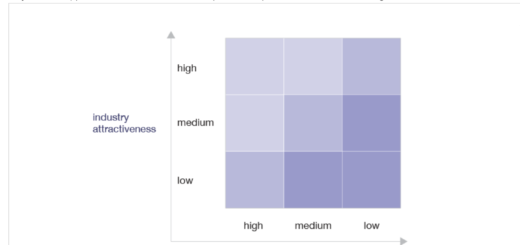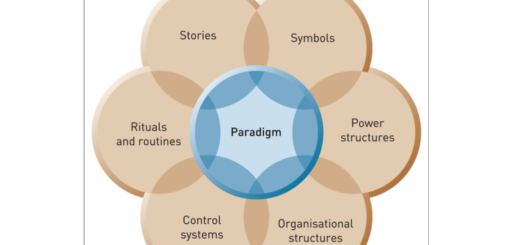Implications of Pressures (HRM)
Implications of Pressures?
The implications of pressures can vary depending on the context in which they occur. However, in general, pressures can have negative consequences on individuals, organizations, and society as a whole.
- Increasing stress in the workplace: increased workloads, staff cuts, long hours, bullying and job insecurity
- 64% of public sector workers complained of stress at work
- 48% of private sector workers complained of stress at work
- Stress-related to 400,000 out of 1.1m cases of work-related illness
- Linked to industries significant organizational change: health, social work, education, and public administration
- Decline in organizational commitment to work
- Significant downturn in employee satisfaction since early 1990s, despite increased wage levels
- Major cause: increased workload with little control over work (more targets and rules)
Here are some possible implications of pressures:
- Burnout: When individuals are under constant pressure, they may experience burnout, which can lead to physical and mental health issues, reduced job performance, and increased absenteeism.
- Poor decision-making: When organizations are under pressure to achieve specific goals, they may make hasty or ill-informed decisions that can have negative consequences for the organization or its stakeholders.
- Ethical issues: Pressure can sometimes lead individuals or organizations to engage in unethical behavior to achieve their goals, such as lying, cheating, or cutting corners.
- Reduced quality: When individuals or organizations are under pressure to meet tight deadlines, quality may suffer as a result, which can lead to dissatisfied customers or clients.
- Negative impact on society: When organizations prioritize profits or performance over other important values such as ethics or social responsibility, it can have negative consequences for society as a whole, such as environmental damage, social inequality, or reduced trust in institutions.
- High turnover rates: When employees feel under constant pressure, they may feel unvalued, overworked, and stressed out. This can lead to high turnover rates, which can be costly for organizations and impact their ability to achieve their goals.
In summary, pressures can have significant negative implications for individuals, organizations, and society. It is important to manage pressures effectively to avoid these consequences and promote positive outcomes. This may involve setting realistic goals, prioritizing values beyond just performance, and creating a healthy work environment that supports the well-being of employees.





Good write-up, I’m regular visitor of one’s site, maintain up the nice operate, and It is going to be a regular visitor for a long time.
I have been exploring for a bit for any high-quality articles or weblog posts in this kind of space . Exploring in Yahoo I at last stumbled upon this site. Studying this info So i am satisfied to exhibit that I have a very just right uncanny feeling I discovered exactly what I needed. I most indubitably will make certain to do not put out of your mind this website and provides it a look on a relentless basis.
You really make it seem really easy along with your presentation however I in finding this matter to be actually one thing which I believe I might by no means understand. It seems too complicated and very huge for me. I’m looking forward on your subsequent post, I will attempt to get the cling of it!
Can I just say what a reduction to find somebody who really is aware of what theyre speaking about on the internet. You positively know how to carry an issue to light and make it important. Extra individuals need to learn this and understand this aspect of the story. I cant consider youre no more popular since you positively have the gift.